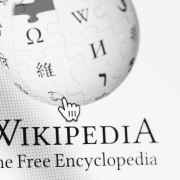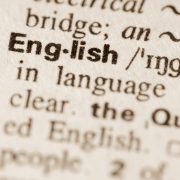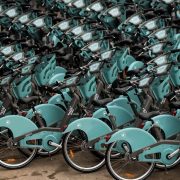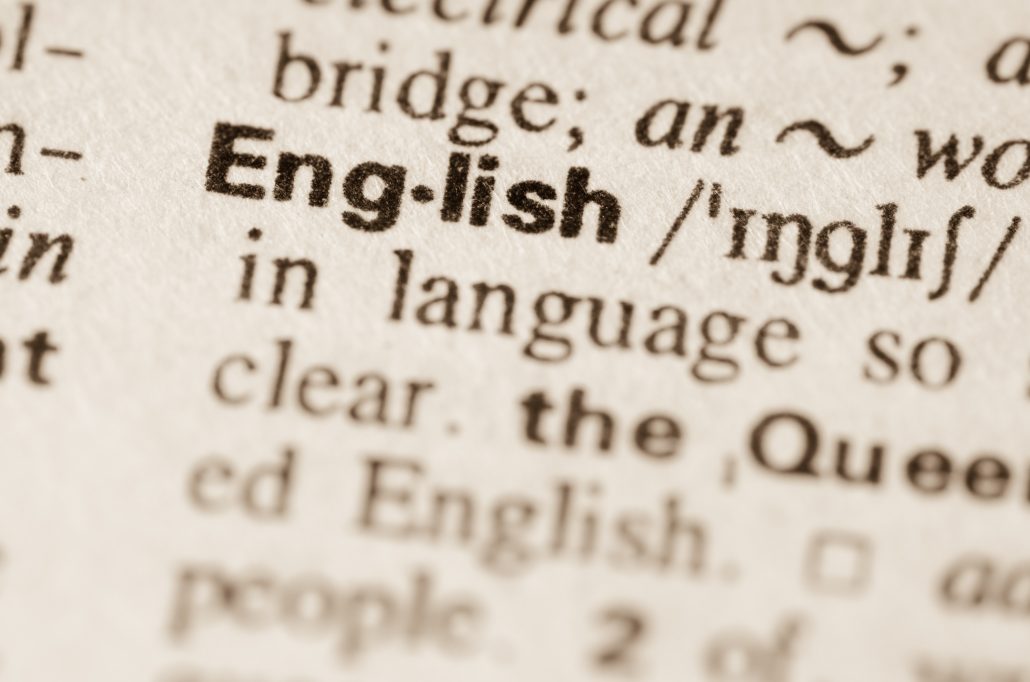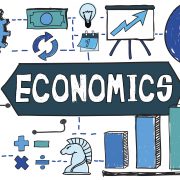Wikipedia and Hayekian Philosophy: Spontaneous Order
Over the course of human history, information, and thus knowledge, has been more or less controlled by those in power. This is, obviously, a dangerous precedent as the guarding of knowledge means that a central authority is in charge of determining who has access to that knowledge.
But in our digital age, information is becoming decentralized and more accessible than at any other time in history. Much of this is largely thanks to Wikipedia, which has become the first place most people look for information.
In a previous article, I wrote about the influence economist F.A. Hayek had on Jimmy Wales, the founder of Wikipedia. While the last article addressed the concept of the knowledge problem and how Wales had specifically set out to solve this problem. But in addition to making information accessible to all those who seek it, Wales also incorporated another aspect of Hayekian economics when he created Wikipedia: spontaneous order.
Spontaneous Order
Spontaneous order is the belief that market order emerges when individuals are free to voluntarily exchange with each other and create value. But when governments interfere with this process and impose regulations on the market, this order is inhibited and value creation stifled.
As Lawrence Reed from the Foundation of Economic Education said, “Spontaneous order is what happens when you leave people alone—when entrepreneurs… see the desires of people… and then provide for them.” And this is exactly how Wikipedia came to fruition.
Jimmy Wales recognized that there was indeed a knowledge problem, as Hayek has pointed out in his essay, “The Use of Knowledge in Society.” Seeing a void in the market, he created an online encyclopedia that was accessible to anyone with the internet. But he didn’t stop there.
The internet has made so much information readily available to its users, but that does not mean that this information is always true. The era of “fake news” has made this problem even worse, as many have even called on the government to take an active role in censoring any information thought to be false. So how do you ensure that your users are getting the most reliable information when there is so much information available online? You create your own voluntary community and practice self-regulation.
Self-Regulating
There is no governing body controlling the information that is available on Wikipedia. And with so many internet trolls roaming the web, this sounds like it would yield nothing but chaos. However, the opposite is true.
When it comes to the rules for posting content, Wikipedia does have its own form of rule of law. As Wales told Wired during an interview:
“Yeah, so there are general principles that do get written down and in certain cases the general principles are so widely and immediately obviously accepted that, you know, upon being written down it becomes pretty firmly entrenched.”
If, for example, someone added someone’s address or telephone number to a Wikipedia page, this would break the general rules. There would be no need to discuss what type of action to take since this was a clear violation. But when it comes to disputes over the information itself, the community comes together to self-regulate using a system of common law.
As Wales says:
“…In other words, you can take some principle and apply it fairly mechanically and have precedence that you set for your previous cases that you follow repeatedly, mechanically, and that’s you know, consistency is a good thing.”
When a conflict arises, the community comes together to discuss the problem and put it in terms of the existing common law. This helps the community make consistent, just decisions when dealing with disputes. But what makes this dispute resolution so interesting is that it is transparent and available for all to see. This makes the whole process open to everyone viewing the site.
There are also incentives for Wikipedia users to provide the most accurate information as possible. Since there is clout associated with being a reliable source, it is in each users self-interest to only provide accurate information.
Those who eagerly call for government regulation do so because they do not believe individuals are capable of regulating themselves. But Wikipedia shows us that the opposite is true. While there are examples of spontaneous order naturally occurring in real life, it is interesting that Wikipedia actually set out to be a manifestation of Hayek’s economic philosophy.
And thanks to Wales and his Hayekian vision, the world has access to more information than at any other time in history… and the government has had absolutely nothing to do with it.
